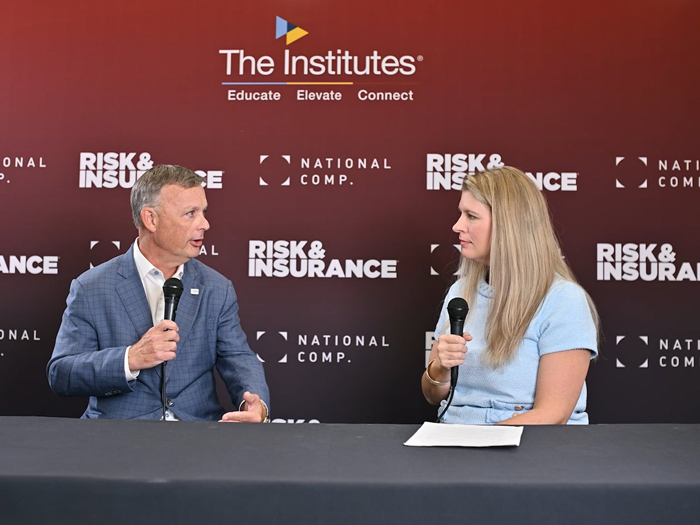Column: Risk Management
It Takes More Than Insurance
For the past three and a half years, I have proudly served the head of enterprise risk management for a large multi-sport event. These games are some of the largest in the world, with thousands of visiting athletes and officials from numerous countries.
Spectators view multiple disciplines of summer sports at many venues and facilities as well as enjoy spectacular opening ceremonies, torch relays, and live festival sites.
An operation like this naturally comes with a few risks. The idea of having accountability to assess all risks at first felt overwhelming, but I took on this momentous task. However, as I have reached the end of my time with the games, I am thrilled to say that we did it.
By identifying our risks, we were able to defend the allocation of resources on risk management activities, investments in risk controls, and right-sizing asset protection strategies.
I have never been prouder of my team for this accomplishment. This was enterprise risk management at its best.
The ERM program had a risk assessment process that forced a neutral centralized line-of-sight to risks and issues that all functional areas and external stakeholders relied on. By identifying our risks, we were able to defend the allocation of resources on risk management activities, investments in risk controls, and right-sizing asset protection strategies.
All risks from across all functional areas and venues were documented along with associated risk treatment options.
Our job as an ERM team was to ensure that all risks got covered with some kind of risk control before games time. Not only did we review insurance coverage, but the rest of risk controls included a variety of trained and tested health and safety, security and contingency plans.
These critical plans provided guidance in managing events that deviated from normal operations of the games.
At times, our risk control plans got a wee creative but with good precedent. The 2010 Commonwealth Games used langur monkeys at several of their venues in New Delhi to keep other havoc-causing monkeys in check in public places.
I always remember that as I do risk assessment that it’s not always about coverage and that risk control must go well beyond insurance procurement.
It likely doesn’t help that often we reference the insurance group as risk management. I guess Warren Buffet said it best when comes to naked risks: “Only when the tide goes out do you discover who’s been swimming naked.”










